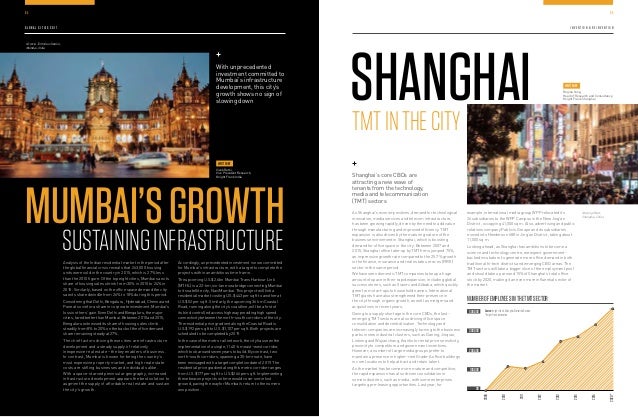

And Structural Adjustment Programmes (SAPs) – conditions attached to provisional loans that poor countries are subjected to whereby neoliberal market policies (opening up of the market, removing trade barriers and excess state control) are promoted – have been the reason. The ‘villains’, or driving forces behind modern slum creation, are the World Bank and the IMF. In essence, Davis blames neoliberalism for these problems. He dissents with Herman De Soto’s argument that the formal recognition of land ownership for slum dwellers will fuel a cycle of improvement as dwellers can now secure loans based on property ownership, arguing that doing so will only increase division between “owners” and “non-owners,” and add to the issues of taxation, exploitation, and inequality, such is already the case in Mexico City.

"Slumdom" is the result of systems of self-interest and ‘First World’ selfishness linked to economic adjustment policies, globalization, capitalism and colonial legacies.ĭavis sees no economic potential in slums.

Slum clearance only leads to the displacement of millions of poor dwellers who are evicted by governments and private estate developers whom have determined that their neighborhoods are slums filled with crime, disease, filth and poverty. They are products of an excess surplus of labourers driven out of the rural countryside in search of better lives, only to find themselves living in poorly built, unhygienic, derelict squatter settlements. The pessimistic Davis describes slums, in many ways, as lost causes.

Although perhaps overly pessimistic, the book is nevertheless a comprehensive and breathtaking read, clearly conveying its underlying message that slumdom is the result of systems of self-interest and ‘First World’ selfishness linked to economic adjustment policies, globalization, capitalism and colonial legacies.


 0 kommentar(er)
0 kommentar(er)
